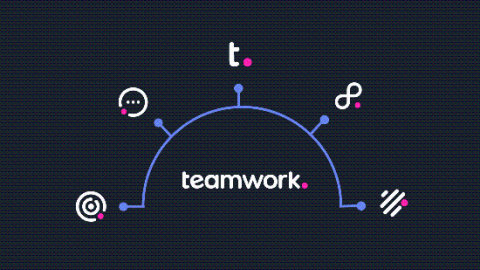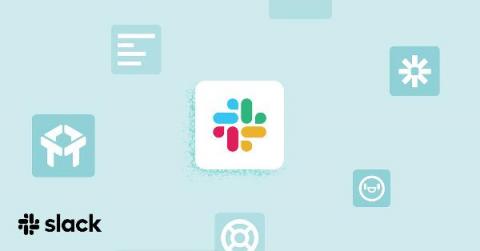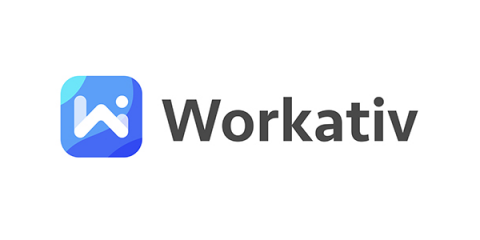Teamwork Projects is now Teamwork
Businesses are using more tools than ever to get their work done. As our customers deploy more and more apps to solve ever-emerging challenges, it becomes increasingly important for us SaaS companies to make it easier for those apps to work together and to create a platform where work is centralized. That’s why our mission is to provide an integrated work management platform where customers can manage their end-to-end workflows.











